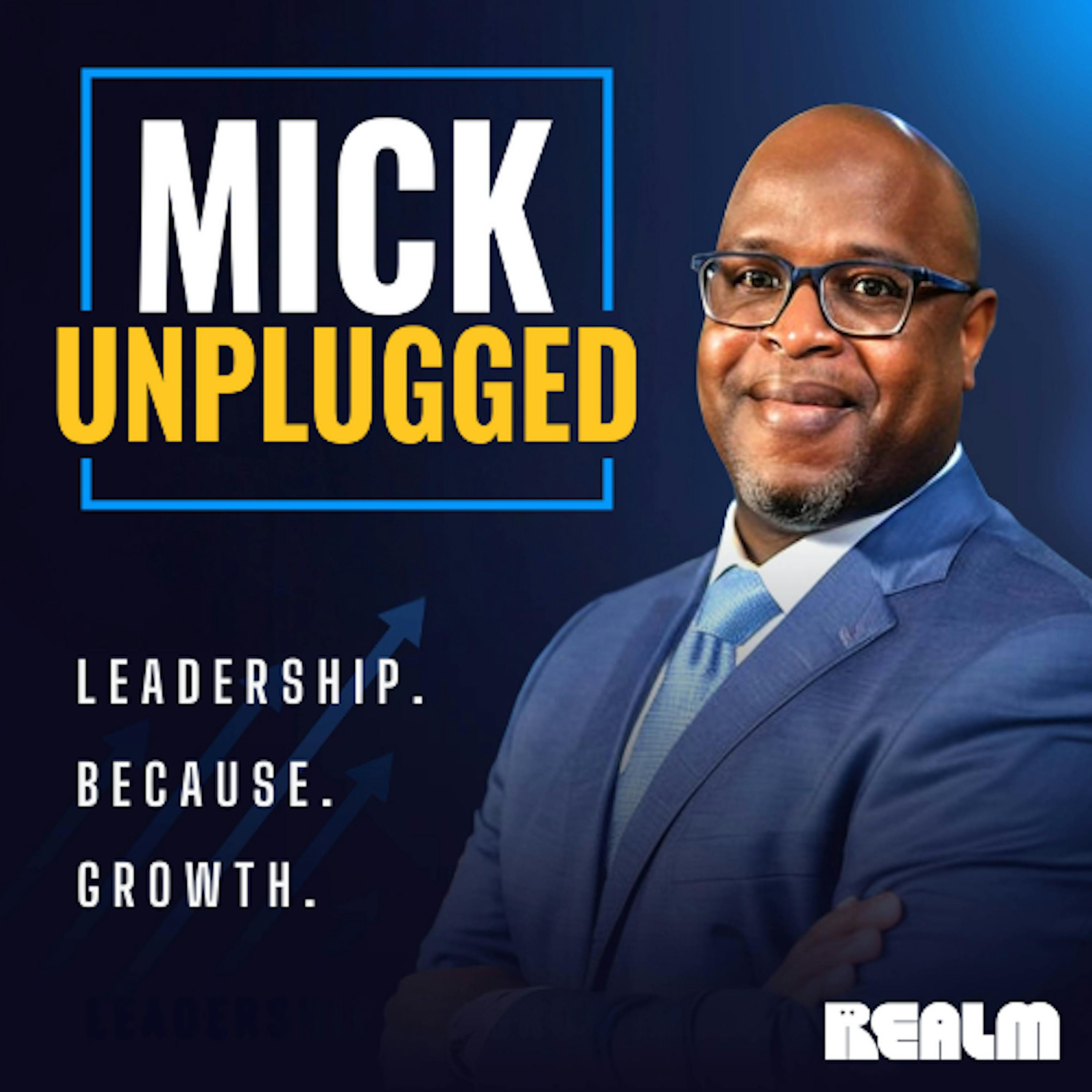Key Takeaways
- True leadership involves a deep understanding of one’s core purpose, often referred to as a ‘because,’ which fuels impactful work.
- Addressing systemic inequities requires a proactive approach, starting with self-reflection and a clear vision for a more equitable future.
- Sponsorship, distinct from mentorship, plays a crucial role in career advancement by actively opening doors and advocating for individuals.
- Emotional intelligence and the ability to self-reflect are paramount for effective leadership in today’s complex world, moving beyond the ‘buck stops here’ mentality.
- Making a tangible impact often involves focusing on one’s specific contribution, a ‘brushstroke,’ to larger societal challenges.
Segments
The Genesis of a Passion for Equity (~00:00:00)
- Key Takeaway: Early exposure to educational privilege at boarding school ignited Dr. Williams’ lifelong commitment to addressing systemic gaps and ensuring equitable access to opportunities.
- Summary: Dr. Williams recounts her experience attending boarding school at 14, realizing the vast difference in opportunities compared to her peers in South Memphis. This realization planted the seed for her future work in education and economics, aimed at dismantling barriers to potential.
Driving Action: From Talk to Impact (~00:00:00)
- Key Takeaway: Effective leaders and organizations are driven by a commitment to action, which requires vetting for readiness, setting clear expectations, and helping individuals see their specific role in addressing large problems.
- Summary: Dr. Williams discusses her approach to facilitating action, which involves ensuring clients and mentees are prepared for the necessary sacrifices and challenges. She also shares a professor’s wisdom about making one’s ‘best brushstroke’ on a larger canvas, emphasizing focused contribution.
The Importance of Self-Reflection and Emotional Intelligence (~00:00:00)
- Key Takeaway: Continuous self-reflection and emotional intelligence are crucial for effective leadership, enabling individuals to understand their motivations, improve interactions, and avoid simply ‘spinning their wheels’.
- Summary: The conversation highlights how reflective practice prevents stagnation and is key to emotional intelligence, allowing leaders to analyze their actions and motivations. This contrasts with older leadership models that valued having all the answers over genuine self-awareness.
Navigating Tough Conversations on Equity (~00:00:00)
- Key Takeaway: Approaching conversations about equity, particularly with white leaders, is most effective when starting with an exploration of white identity and maintaining kindness and dignity throughout the process.
- Summary: Dr. Williams shares her strategy for leading difficult conversations about race and equity, which involves starting with white leaders to help them interrogate their place within existing systems. She emphasizes maintaining humanity and dignity while encouraging accountability for change.
Actionable Steps for Addressing Inequity (~00:00:00)
- Key Takeaway: To address inequity, individuals should establish a clear vision for what equity looks like in their space and actively seek to understand the underlying reasons for current disparities.
- Summary: Dr. Williams offers two key actionable steps for tackling inequity: first, defining a clear vision of the desired equitable outcome, and second, understanding the ‘whys’ behind the current situation. This understanding helps identify specific areas where action can be taken.
Mentorship vs. Sponsorship (~00:00:00)
- Key Takeaway: While mentorship provides guidance and courage, sponsorship actively advocates for individuals, opening doors and providing opportunities that are critical for significant career advancement.
- Summary: Dr. Williams distinguishes between mentorship, which offers advice and support, and sponsorship, which involves actively promoting and advocating for someone’s career. She notes that sponsorship, often from those in positions of power, has been more impactful in her own journey.
The Mechanics of Sponsorship (~00:00:00)
- Key Takeaway: Receiving sponsorship requires demonstrating performance and readiness, and then seizing opportunities presented by sponsors by acting quickly and effectively to showcase capabilities.
- Summary: Dr. Williams explains that sponsorship is earned through performance and drive, and when offered, it’s crucial to respond with immediate action and competence. She uses the analogy of being ‘stamped’ with a sponsor’s authority, which translates into tangible opportunities and influence.
Quick Five: Memphis Food, Self-Care, and Inspiration (~00:00:00)
- Key Takeaway: Dr. Williams values simple, well-seasoned food, finds solace in audiobooks as a self-care ritual, and draws inspiration from authors and leaders who champion advocacy and big-picture thinking.
- Summary: In the ‘Quick Five’ segment, Dr. Williams shares her preference for vinegary collard greens and well-seasoned pulled pork, her current self-care practice of listening to audiobooks on her porch, and highlights the Empyrean series by Rebecca Yarros for its themes of disability advocacy. She also names Marianne Urkea as a deeply inspiring mentor.
Current Focus and Finding Dr. Williams (~00:00:00)
- Key Takeaway: Dr. Williams is currently focusing on supporting white men in business leadership who are committed to racial equity and can be found via Standpoint Consulting.
- Summary: Dr. Williams announces her new initiative to support white men in business leadership interested in racial equity, including an upcoming research project. She invites listeners to connect with her through Standpoint Consulting on LinkedIn and Instagram, or by searching for Adrian Johnson-Williams.
